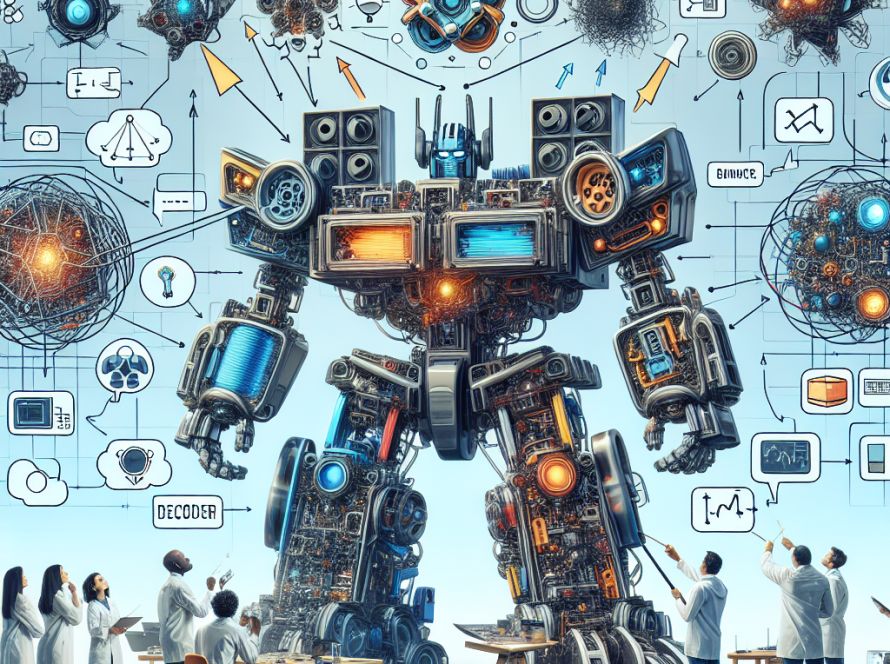In 2023, MIT shone in the realm of science, technology, education and community service. The year saw Sally Kornbluth’s inauguration as President and Mark Rober’s inspiring commencement speech. Nobel laureate Moungi Bawendi’s cutting-edge work in quantum dots and partnerships with Steve Hartman brought the science of kindness to the limelight.
A variety of advancements, in areas including AI, clean energy, innovative cancer detection tools, and astrophysics, showcased the institute’s relentless pursuit of knowledge. The institute’s significant contributions range from observing a dying star swallowing a large planet to developing creative clean energy solutions.
Under Kornbluth’s leadership, MIT’s all-women executive team highlighted the need for robust representation of women and minority groups in STEM. Conversations on artificial intelligence, including AI’s potential impact on jobs, were particularly relevant. Other technological advancements, such as the development of a 3D-printed heart and a concrete that stores energy, demonstrated the potential of engineering in the real world.
MIT considered climate change as an existential issue and worked tirelessly towards eco-friendly innovations. Path-breaking research joined the quest to save the world — such as the common hydrogel absorbing moisture with rising temperature, energy-storing concrete for solar-powered homes, and scientific strategies for emission reduction in homes and offices.
Healthcare research also saw significant leaps with MIT developing drug-delivery nanoparticles for selective cancer targeting, AI tools to identify early-stage tumors and a novel antibiotic using machine learning.
MIT researchers continued to explore universe mysteries through advanced gravitational wave detection techniques and studies on black holes. Notable community initiatives, such as an MIT transfer program for community college students, and the formation of an all-Indigenous rocket team, positioned the institute as a social leader.
The field of arts also benefitted from technological advancements made by MIT researchers, with the development of an AI opera and an augmented reality-infused production of Wagner’s “Parsifal”.
As an academic leader, MIT published several notable books covering a range of topics from neuroscience to combating misinformation and reviewing the cultural dynamics of hackathons. The institute celebrated its long-term faculty member, Gilbert Strang, after 63 years of service.
MIT continued to nurture fruitful dialogues on major challenges faced by humanity, such as AI innovation and supply chain sustainability. Through popular initiatives like “Brave Behind Bars” and “MIT via community college,” they provided quality education to underprivileged communities. The dedication and innovation of MIT and its members in a diverse array of areas, underscored the institute’s commitment to creating a better world.


